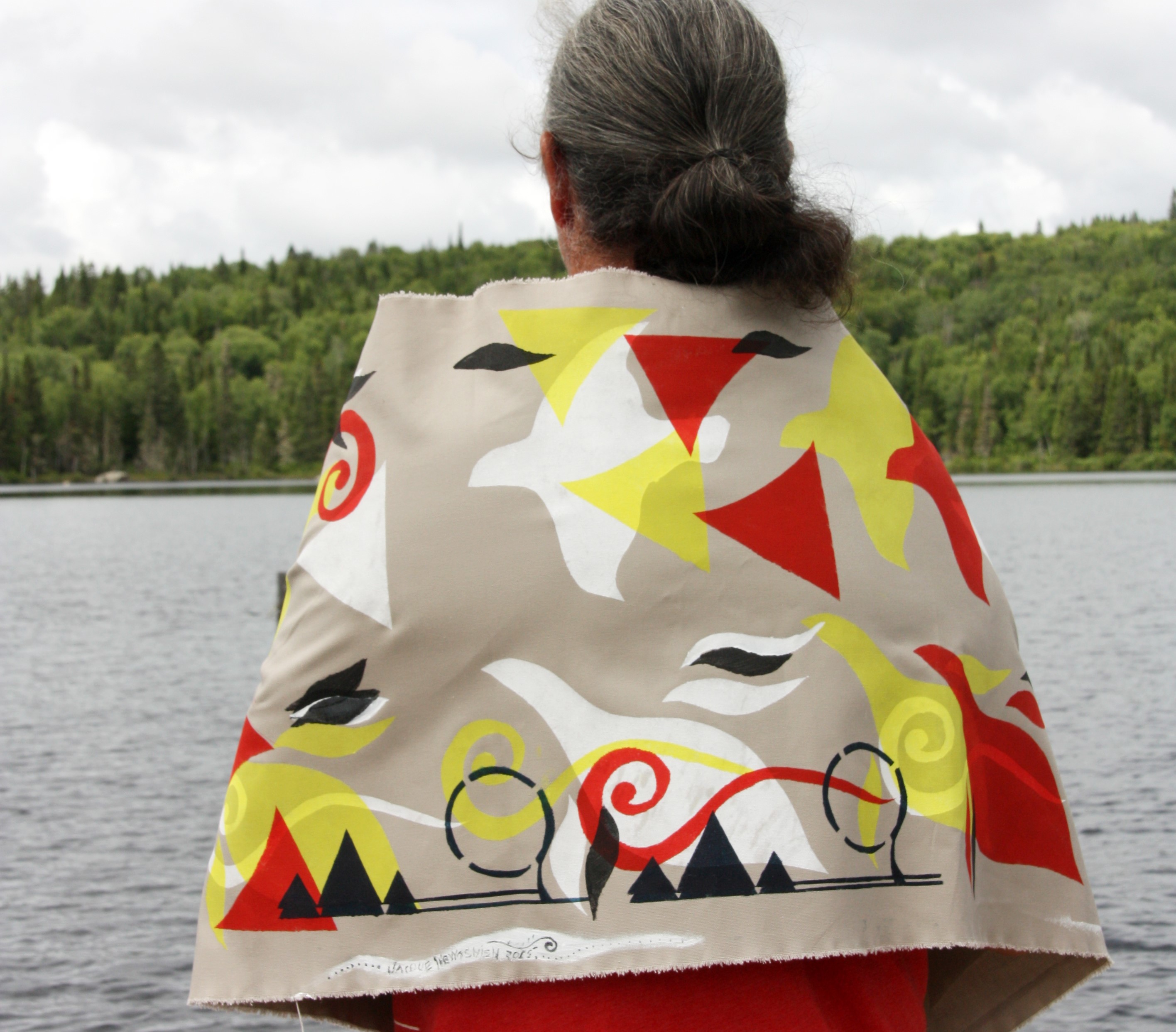Understanding culture as a project
Designing for the future of an Indigenous community in Québec
DOI:
https://doi.org/10.7577/formakademisk.2683Keywords:
participatory action research, Indigenous communities, self-determination, culture and futurity, design and social innovationAbstract
This article argues that, in collaboration with Indigenous [and non-Western local] communities, social designers should approach “culture” not only as a form of heritage that should be preserved and transmitted, but also as a project that weaves together heritage, current material circumstances, and desirable ideas for the future. We therefore examine the notion that every culture is intrinsically oriented towards the future, representing a trajectory that links the past to a projected ideal of well-being. Thus, cultural diversity leads to numerous trajectories and distinct futures, contrary to the colonial ideology according to which only one trajectory is possible: that which adheres to the project of eurocentric modernity. Based on a participatory research action project called Tapiskwan, which focused on the aspirations of the Atikamekw Nehirowisiwok, we propose that the ultimate goal of social designers should be to nurture local communities’ capacity to (re)create their own autonomous trajectories, in pursuit of the good life as their culture defines it.

Downloads
Published
How to Cite
Issue
Section
License
Copyright (c) 2020 Renata M. Leitão, Solen Roth

This work is licensed under a Creative Commons Attribution-NoDerivatives 4.0 International License.
Authors who publish with this journal agree to the following terms:
- Authors retain copyright and grant the journal right of first publication with the work simultaneously licensed under a Creative Commons Attribution 4.0 License that allows others to share the work with an acknowledgement of the work's authorship and initial publication in this journal.
- Authors are able to enter into separate, additional contractual arrangements for the non-exclusive distribution of the journal's published version of the work (e.g., post it to an institutional repository or publish it in a book), with an acknowledgement of its initial publication in this journal.
- Authors are permitted and encouraged to post their work online (e.g., in institutional repositories or on their website) prior to and during the submission process, as it can lead to productive exchanges, as well as earlier and greater citation of published work (See The Effect of Open Access).
- The author(s) must manage their economic reproduction rights to any third party.
- The journal makes no financial or other compensation for submissions, unless a separate agreement regarding this matter has been made with the author(s).
- The journal is obliged to archive the manuscript (including metadata) in its originally published digital form for at least a suitable amount of time in which the manuscript can be accessed via a long-term archive for digital material, such as in the Norwegian universities’ institutional archives within the framework of the NORA partnership.
The material will be published OpenAccess with a Creative Commons 4.0 License which allows anyone to read, share and adapt the content, even commercially under the licence terms:
This work needs to be appropriately attributed/credited, a link must be provided to the CC-BY 4.0 licence, and changes made need to be indicated in a reasonable manner, but not in any way that suggests that the licensor endorses you or your use.



